NEWCASTLE UPON TYNE – A new study, which was commissioned by the World Health Organization (WHO), has provided new evidence that the reduction of the total intake of free sugars, namely natural sugars and those added to foods, could benefit oral health significantly. For instance, it showed that lower intake of sugars was associated with lower levels of dental caries.
In the study, researchers at Newcastle University systematically reviewed 55 international studies on the effects of sugar intake on dental caries. According to the scientists, 47 of the studies reported a positive association between sugars and caries.
The WHO recommends that consumption of free sugars should only amount to a maximum of 10 per cent of total energy intake. The present study showed that this threshold was associated with much lower levels of tooth decay. In addition, the research suggested that further reduction of sugar to less than 5 per cent of total energy intake could minimise the risk of developing dental caries throughout a person’s lifetime.
“The public need better information on the health risks of sugary foods and drinks, and there needs to be clearer information on the levels of sugars in our foods and drinks,” said Dr Paula Moynihan, a professor of nutrition and oral health at the university’s School of Dental Sciences. “We need to make it easier for people to make healthier choices when it comes to sugars by ensuring that options lower in added sugars are made widely available in schools, shops and the workplace.”
Data for the study was obtained from various sources, including the Cochrane Database, Cochrane Central Register of Controlled Trials, Latin American and Caribbean Health Sciences, China National Knowledge Infrastructure and South African Department of Health.
The study, titled “Effect on caries of restricting sugars intake: systematic review to inform WHO guidelines”, was published online on 9 December in the Journal of Dental Research ahead of print.
LONDON, UK: Lately, there have been increasing efforts to curb Britain’s high sugar consumption. Although the British Dental Association (BDA) has ...
LONDON – Sugars in the diet should make up no more than 3 per cent of total energy intake to reduce the significant financial and social burdens of ...
LONDON, UK: The Alliance for a Cavity-Free Future (ACFF) is a not-for-profit organisation formed by a group of dental professionals. According to the ACFF, ...
LONDON, UK: The manufacturers of British beverage brands Lucozade and Ribena will be reducing the amount of sugar and calories in their products by up to 10...
BELFAST, UK: The findings of a new study suggest that regular use of aspirin could cut head and neck cancer risk by almost a quarter. The researchers found ...
CAMBRIDGE, UK: Dental caries is the primary cause of elective hospital admissions among UK children aged 5–9 years, and the disease accounts for nearly ...
DentalMonitoring is to announce a major NHS initiative for Orthodontists with NHS contracts at the British Orthodontic Society’s Congress. From 3 to 4 ...
LONDON, UK: Last week, the Mental Health Foundation celebrated Mental Health Awareness Week, encouraging UK residents to take stock of their psychological ...
The sugar tax is finally upon us, but are corner shops or supermarkets for that matter likely to worry about this potentially threatening change to their ...
DUNDEE, Scotland: As the global health community marks World Mental Health Day today, the dental profession is being urged to confront a pressing concern ...
Live webinar
Tue. 24 February 2026
6:00 pm UTC (London)
Prof. Dr. Markus B. Hürzeler
Live webinar
Tue. 24 February 2026
8:00 pm UTC (London)
Prof. Dr. Marcel A. Wainwright DDS, PhD
Live webinar
Wed. 25 February 2026
4:00 pm UTC (London)
Prof. Dr. Daniel Edelhoff
Live webinar
Wed. 25 February 2026
6:00 pm UTC (London)
Live webinar
Thu. 26 February 2026
1:00 am UTC (London)
Live webinar
Tue. 3 March 2026
4:00 pm UTC (London)
Dr. Omar Lugo Cirujano Maxilofacial
Live webinar
Wed. 4 March 2026
1:00 am UTC (London)
Dr. Vasiliki Maseli DDS, MS, EdM



 Austria / Österreich
Austria / Österreich
 Bosnia and Herzegovina / Босна и Херцеговина
Bosnia and Herzegovina / Босна и Херцеговина
 Bulgaria / България
Bulgaria / България
 Croatia / Hrvatska
Croatia / Hrvatska
 Czech Republic & Slovakia / Česká republika & Slovensko
Czech Republic & Slovakia / Česká republika & Slovensko
 France / France
France / France
 Germany / Deutschland
Germany / Deutschland
 Greece / ΕΛΛΑΔΑ
Greece / ΕΛΛΑΔΑ
 Hungary / Hungary
Hungary / Hungary
 Italy / Italia
Italy / Italia
 Netherlands / Nederland
Netherlands / Nederland
 Nordic / Nordic
Nordic / Nordic
 Poland / Polska
Poland / Polska
 Portugal / Portugal
Portugal / Portugal
 Romania & Moldova / România & Moldova
Romania & Moldova / România & Moldova
 Slovenia / Slovenija
Slovenia / Slovenija
 Serbia & Montenegro / Србија и Црна Гора
Serbia & Montenegro / Србија и Црна Гора
 Spain / España
Spain / España
 Switzerland / Schweiz
Switzerland / Schweiz
 Turkey / Türkiye
Turkey / Türkiye
 UK & Ireland / UK & Ireland
UK & Ireland / UK & Ireland
 International / International
International / International
 Brazil / Brasil
Brazil / Brasil
 Canada / Canada
Canada / Canada
 Latin America / Latinoamérica
Latin America / Latinoamérica
 USA / USA
USA / USA
 China / 中国
China / 中国
 India / भारत गणराज्य
India / भारत गणराज्य
 Pakistan / Pākistān
Pakistan / Pākistān
 Vietnam / Việt Nam
Vietnam / Việt Nam
 ASEAN / ASEAN
ASEAN / ASEAN
 Israel / מְדִינַת יִשְׂרָאֵל
Israel / מְדִינַת יִשְׂרָאֵל
 Algeria, Morocco & Tunisia / الجزائر والمغرب وتونس
Algeria, Morocco & Tunisia / الجزائر والمغرب وتونس
 Middle East / Middle East
Middle East / Middle East




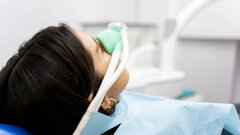






















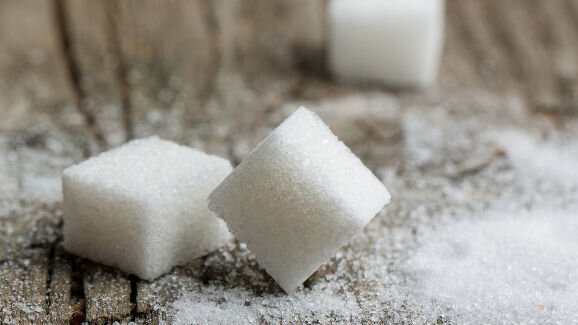




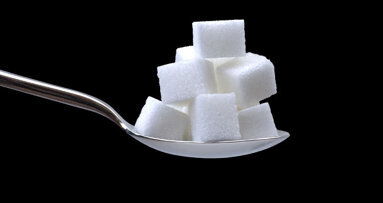

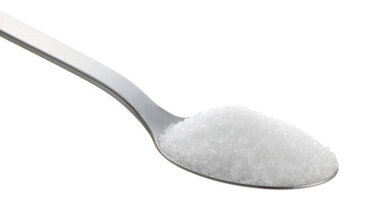

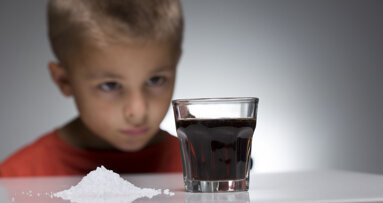


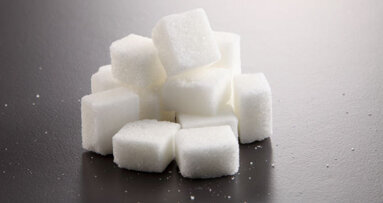










To post a reply please login or register